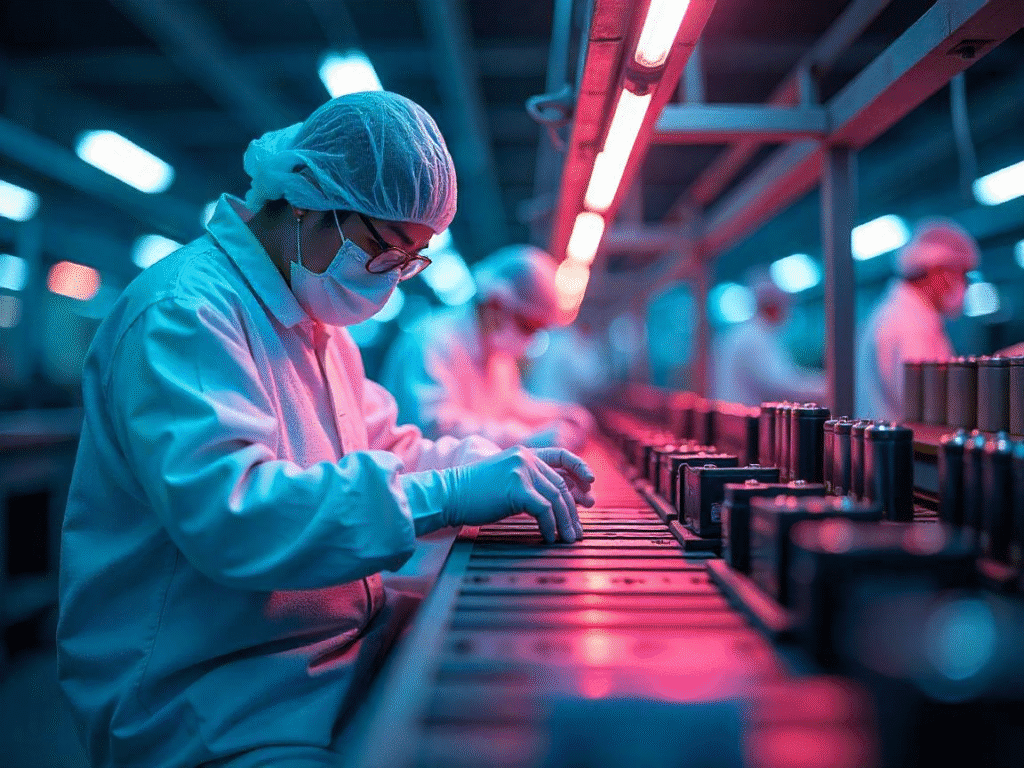India’s battery business is experiencing unprecedented growth, driven by rising energy demands, increasing vehicle electrification, and a booming renewable energy sector. From inverter batteries for homes to advanced lithium-ion batteries for electric vehicles (EVs), the Indian market is rapidly evolving into a global battery hub.
With the government’s push for “Make in India” and FAME-II incentives, domestic manufacturing is surging. Traditional lead-acid batteries remain dominant in the inverter, solar, and automotive aftermarket segments. However, lithium-ion technology is fast gaining ground, especially in the EV and telecom industries due to its longer life, compact size, and eco-friendliness.
Several Indian companies, including Exide, Amara Raja, and emerging startups like Log9 and Ola Electric, are investing heavily in R&D and gigafactories. Foreign collaborations are also helping in technological advancement and capacity building.
The demand for inverter and solar batteries has grown in rural and semi-urban regions, especially with rising power outages and solar adoption. Meanwhile, cities are witnessing high sales in two-wheeler EV batteries and UPS systems for homes and businesses.
Challenges like raw material dependency and recycling infrastructure gaps still exist, but innovation and policy support are steering the sector ahead. Battery swapping stations, energy storage systems, and second-life battery usage are emerging trends to watch.
India’s battery business is not just about powering devices—it’s about energizing a sustainable future.
#BatteryBusiness #IndiaEnergy #EVRevolution #SolarPower #BatteryInnovation #LithiumIon #InverterBattery #MakeInIndia #GreenEnergy #BatteryManufacturing

